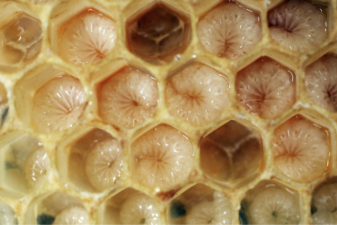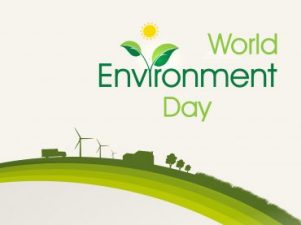 A new investigation by Mother Jones magazine revealed that chemicals used to replace controversial plastic additive bisphenol-A – commonly called BPA – may be just as dangerous to your health, if not worse.
A new investigation by Mother Jones magazine revealed that chemicals used to replace controversial plastic additive bisphenol-A – commonly called BPA – may be just as dangerous to your health, if not worse.
Stunning news for everyone who drinks from plastic bottles, eats from plastic food containers,or wraps food with plastic cling wrap.
The chemical BPA mimics the natural hormone estrogen which is critical for brain and organ development and essential bodily functions. Research proves that too much or too little of estrogen, particularly during gestation and early childhood, leaves us susceptible to later disease including breast cancer, diabetes, obesity, heart disease and behavioral disorders.
For years, public campaigns have waged war against BPA-containing plastics due to concerns about exposure to synthetic estrogen. But new research shows that plastic products advertised as “BPA-free” are still releasing the chemical.
Examples include plastic products sold by Evenflo, Nalgene and Tupperware – common brands found in many households. Substitutes aside, BPA is still widely used in many every day items from soup can linings to printed receipts.
BPA dangers were broadcast as early as 2008. Customers began demanding BPA-free products, particularly for children, and the substance was soonafter banned in bottles and “sippy cups” in the USA, EU, Canada, and other countries – but not worldwide.
Manufacturers introduced BPA-free products, but most of the chemicals used to replace BPA had not been tested to see whether they mimicked estrogen. It turns out that many of them do, with similar effects on human health.
Investigative reporter Mariah Blake also revealed how the plastics industry has used a “Big Tobacco-style campaign” to bury the disturbing scientific evidence. She states that about 80,000 chemicals are used in US manufacturing; virtually none has been tested for safety.
“In general, chemicals are presumed safe until proven otherwise under the U.S. regulatory system. So, when a chemical like BPA is removed from a production line, the industry will substitute another chemical that is untested, and we really, in many cases, just don’t know the health effects of that chemical. So, it’s largely an unregulated realm, ” said Blake in a video interview. (Watch the full interview – link here.)
Last week, a study estimated that continued use of BPA in food and drinks packaging is responsible for $3 billion a year in healthcare costs. Maybe time for a resurgence of jelly-jar glasses, cooking only enough food for any particular purpose, and of course, breastfeeding.
Image of a toddler drinking from sippy cup from Shutterstock




Comments are closed.